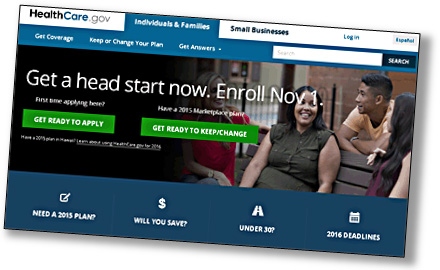 Six years ago the Obama administration backed away from offering a public option in Obamacare. In its place, we got nonprofit co-ops. Paul Krugman was not impressed:
Six years ago the Obama administration backed away from offering a public option in Obamacare. In its place, we got nonprofit co-ops. Paul Krugman was not impressed:
Let’s be clear: the supposed alternative, nonprofit co-ops, is a sham. That’s not just my opinion; it’s what the market says: stocks of health insurance companies soared on news that the Gang of Six senators trying to negotiate a bipartisan approach to health reform were dropping the public plan. Clearly, investors believe that co-ops would offer little real competition to private insurers.
Well, both Krugman and the market were right: co-ops never signed up all that many patients, and now they’re failing. By next year there could well be none left.
This has led to a round of breathless news reports. The failures have “handed Republicans a new weapon in their campaign against the health law.” Patients are “scrambling” to find new coverage. The closures have left behind a trail of “human wreckage.”
Fair enough, I suppose. Co-ops probably were never a good idea, and their bankruptcies really are causing a lot of grief for the people who had signed up with them. Still, in the midst of all this, it’s worth pointing out what we’re talking about:
- Roughly 500,000 co-op customers will have to switch insurance plans.
- That’s out of 30 million people who already switch insurance plans each year.1
- And because of Obamacare, co-op customers can shop for a new plan pretty easily.
It’s not unfair to make political hay out of this, especially if you thought co-ops were a bad idea to begin with. But the bottom line is that instead of 30 million people switching plans, about 30.5 million will switch plans next year—and they’ll be able to do it more easily than they could in the past. It’s a headache, but hardly a catastrophe.
1Mostly against their will. About 68 percent are forced to switch because they changed jobs or their employer decided to change carriers. Another 16 percent switched because their plan was too expensive. Less than 10 percent switched because their new plan offered better service.
















